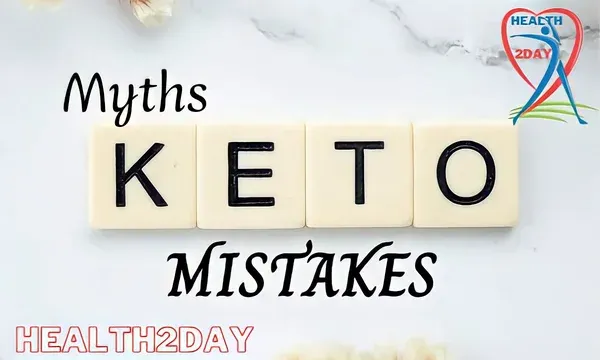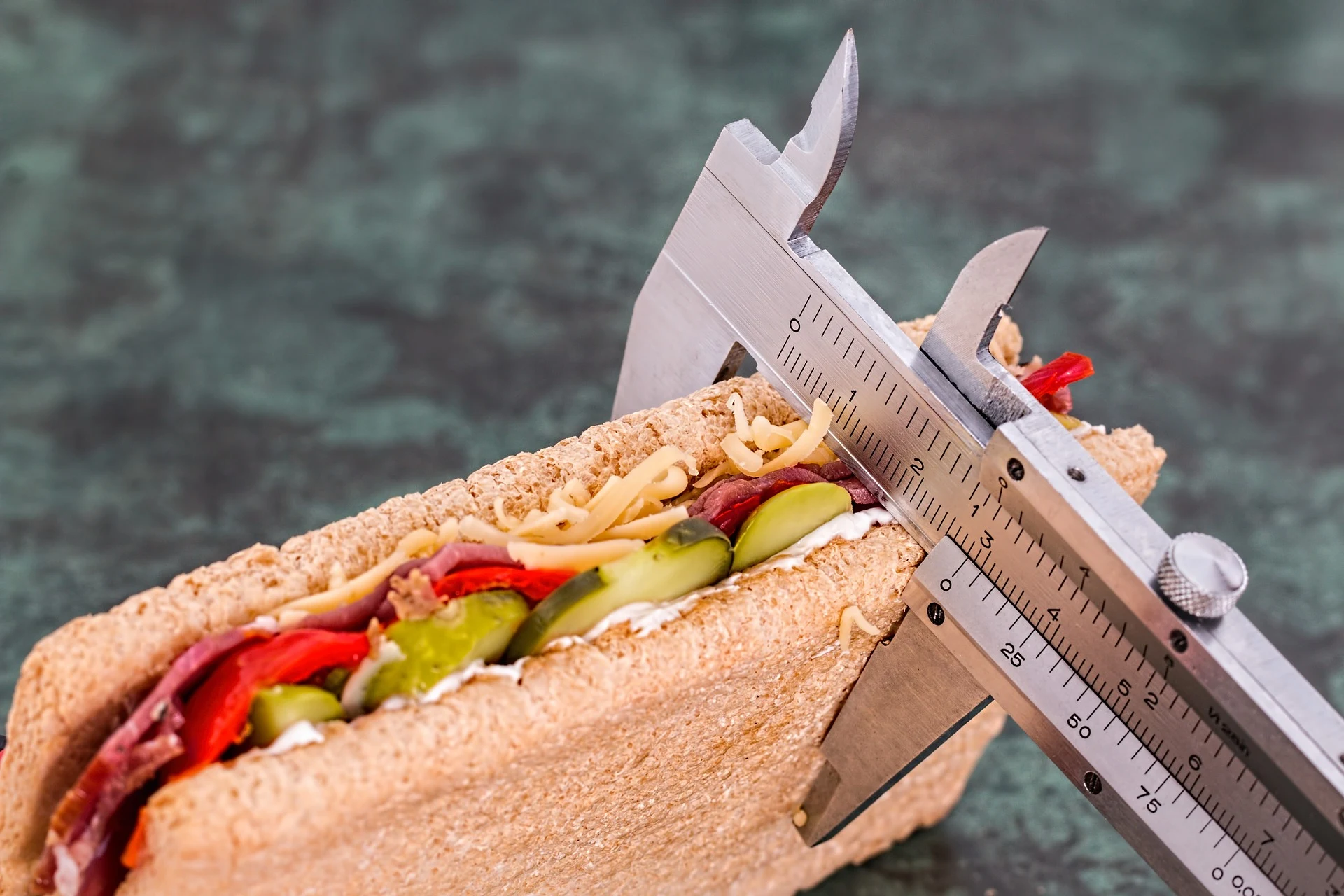The keto diet is gaining popularity due to its effectiveness in weight loss and numerous health benefits. As a result, many keto diet myths have emerged, some of which are quite common.
You've probably encountered many of them on various forums, blogs, social networks, YouTube videos, and so on, and you may have even become a victim of some of them if you searched about keto diet program.
The most popular keto diet myths are listed in this article
Myth 1: Calories don't matter and you can't gain weight while on a keto diet
Unfortunately, the keto diet is not a miracle cure, but calories do matter. You can't eat an infinite amount of food and expect it to never be stored as fat on your body.
If you consume more calories than you burn, you will gain weight, and keto diet does not make you invulnerable. Nonetheless, the majority of the foods you will eat while on the keto diet are very nutritious and well saturated, which is a distinct advantage because you will eat less.
Myth 2: On the keto diet, you will never be hungry
Hunger is a perfectly normal feeling when you have a calorie deficit, especially if you are already close to your goal, and you will most likely experience it. You must understand that hunger is a normal part of the weight loss process, and you must learn not to snack whenever you feel a little hungry - especially if you are likely to miss and are not truly hungry.
The keto diet makes most people feel less hungry, but it does not completely eliminate hunger.
Your body craves balance and will resist any drastic changes in your weight, especially if you were previously overweight.
Keep in mind that long cardio workouts, which are beneficial for creating large caloric deficits, can cause you to feel hungry the next day.
Myth 3: Keto diet gives you a free pass to eat a lot of fat
You must consume enough protein to maintain your lean body weight, but you must also include some fat to compensate for the calories that used to come from carbohydrates.
However, keto diet will drastically alter your eating habits, and adding unlimited fat will be detrimental. After all, if you want to lose weight, some of the fat should come from within your body rather than from your plate.
Fat is also very caloric: one gramme of fat equals nine calories (compared to 4 calories per gram of protein or carbohydrates).
Keep in mind that a ketogenic diet was originally designed to help people with epilepsy, and that a medical keto (designed to help people with epilepsy) includes a lot of fat in your village. Weight loss is not required in keto.
Yes, keto diet is a high-fat, low-carbohydrate, moderate-protein diet, but that doesn't mean you can eat as much fat as you want.
Myth 4: The deeper your ketosis, the more fat you lose
Ketone measurement is a complicated process that isn't even necessary.
If you use urine sticks to measure ketones, you should be aware that your body will adjust to the state of ketosis, and your keros will no longer overflow ketones, which is how the sticks are measured. A deeper purple color does not imply a faster weight loss.
The same is true for other methods of measurement: fat loss will be determined primarily by your caloric deficit, not by the amount of ketones you produce.
Myth 5: You should only eat a small amount of protein during keto diet
The amount of protein you consume is largely determined by your goals, level of activity, and personal preferences.
Yes, some protein will be converted to glucose; however, your brain requires a small amount of glucose to function; this process (known as gluconeogenesis) is dependent on demand rather than the power source.
Tons of protein are simply unnecessary and can be quite expensive. You do not, however, need to be afraid of protein and try to avoid it. If you want to maintain your muscle mass, you must consume enough of it.
Myth 6: The ketogenic diet is the best diet for everyone
A keto diet is an excellent choice for a large percentage of the population and can help with a variety of serious health issues.
However, while some people succeed in keto diet and decide to stick to it for many years (or even a lifetime), others may struggle to follow all of its rules or enjoy it.
To maintain your weight, you must ensure that you are committed to your new diet in the long run, and that you will not revert to eating unhealthy foods after a few months.
Remember that the majority of the benefits of keto appear after your body adapts to fat, which typically takes 4-6 weeks.
So, if you want to lose weight in a matter of weeks, keto is not for you. The keto diet will not work if you lack dedication and commitment.
Myth 7: It makes no difference where carbohydrates come from
Five grams of carbohydrates from spinach is not the same as five grams of carbohydrates from dextrose, which is commonly found in meat delicacies. Spinach is far more nutritious and contains trace elements (such as magnesium and potassium, both of which are required for Keto diet), whereas dextrose does not.
Given the carbohydrate restriction, you must strategically plan your diet and select foods that are both healthy and filling. Most green vegetables will be the best option.
Myth 8: Exceeding the daily limit of pure carbohydrates will knock you out of ketosis and cause keto flu
A daily intake of 20-30 g of pure carbohydrates acts as a protective barrier. If you limit your carbohydrates to this rate, you will be in ketosis, but this is not your personal upper limit of carbohydrates that you can consume daily to stay in ketosis.
In fact, the amount will vary for most people, and once you've adapted to fat, you can experiment a little. This will be determined by a variety of factors, including activity level, metabolic flexibility, and insulin resistance.





